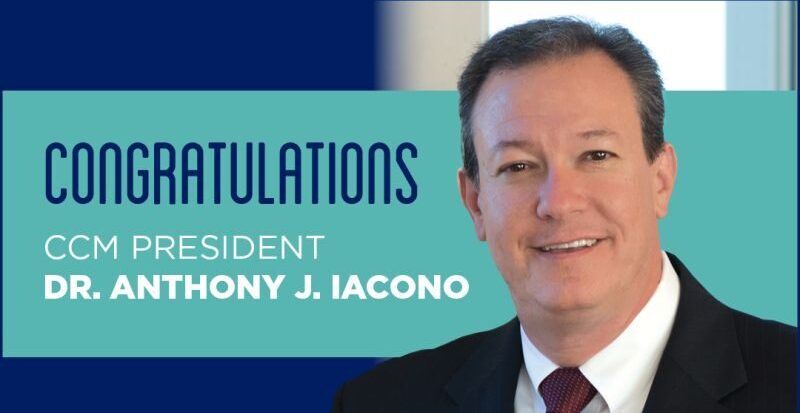What You Will Learn
Want a career on Wall Street? CCM can help you start right!
The financial marketplace requires a broad array of skilled financial individuals from professionals to back-office workers in areas such as banking, securities dealing and brokerage, insurance and pension funds.
Earning a certificate in finance gives you a practical approach to the field with broad exposure to the stock and bond markets, financial management, financial planning and financial analysis. By gathering financial information and analyzing trends you can get hands-on experience in finance.
Curriculum
The certificate of achievement in finance at CCM has a 9-credit core, plus one elective course such as Personal Finance or the Principles of International Business.
Careers in the Field
Banking and Credit Intermediation:
- Commercial banking
- Consumer lending
- Credit card issuing
- Credit unions
- Financial transactions processing and clearinghouse
- Mortgage financing and brokerage
- Savings institutions
Corporations:
- Cash Management
- Investor Relations
- Treasury
Insurance:
- Claims adjusting
- Health insurance
- Life insurance
- Property and casualty insurance
- Reinsurance
- Title insurance
Securities dealing and brokerage:
- Commodities contract dealing and brokerage
- Investment advice
- Investment banking
- Portfolio management
- Securities brokerage
Trust:
- Pension funds
Why Study Finance at CCM?
The business department at CCM equips students with practical learning experiences in the financial field. Our faculty possess both academic credentials and professional experience in banking, securities trading and corporate finance. Some of the faculty are also licensed financial advisors.
All students studying finance at CCM have the opportunity to use “Stock Trak,” which is a stock market simulation software, to help learn about investing in a fun and competitive way.
Cooperative education experiences, such as internships and job search support, are facilitated through our Office of Career Services, where you can also learn resume building and interviewing skills
Plus, classes are offered during the day, evenings, on Saturdays, in hybrid format and online to make learning convenient for you.
Where you can go!
Earning a certificate of achievement gives you the confidence to feel prepared to major in a business program at CCM as completion fulfills the business elective requirement for the Associate of Science (A.S.) in Business Administration degree or the finance track for the Associate of Applied Science (AAS) in Business Professional degree.
Some students choose to continue studying finance at a four-year college or university to enter the financial services industry.
Paying for Your Finance Education
Earning a certificate in Finance is a powerful investment that will pay off over the course of your life, in both increased earnings and job satisfaction. But what is the upfront cost, and how do you afford it?
There’s good news: Money is available to help you pay for school! Our Financial Aid staff can provide lots of information about the process of finding funds to help pay for your education.
Featured Courses
Money and Banking
This course analyzes the organization and operation of our financial system. Included in the study are the money and capital markets, commercial banking, and other financial institutions such as commercial finance companies. The relationship between financial and economic activity, including monetary and fiscal policy, is shown.
Principles of Finance
This course is a study of principles and practices followed in the financial organization and operation of a business organization, including financing new and growing businesses, sources of capital, banking and credit accommodations, and the handling of other financial matters.
Investment Principles
This course introduces students to basic types of investment alternatives focusing on the mechanics of investing including online investing, researching and interpreting financial information, understanding risk/return tradeoffs, and reviewing investment strategies associated with various stock orders. The course offers a thorough review of the primary and secondary securities markets, securities regulations and ethics, and a general understanding of the impact of the economy and the Federal Reserve on investment decisions. The course objective is to develop students into independently sophisticated investors through a practical hands-on approach. The use of financial periodicals may be required.
Resources
Your Finance Faculty Advisor
Apurv V. Ved Assistant Professor
Email: aved@ccm.edu
Office: Cohen Hall 204D
Office hours: Tuesdays 3:30pm-5pm; Thursdays 3:30pm-5pm Online
Phone: 973-328-5674
Specialization: Finance, Accounting, Investment Prin
Department: Business



